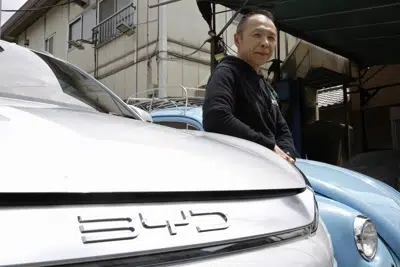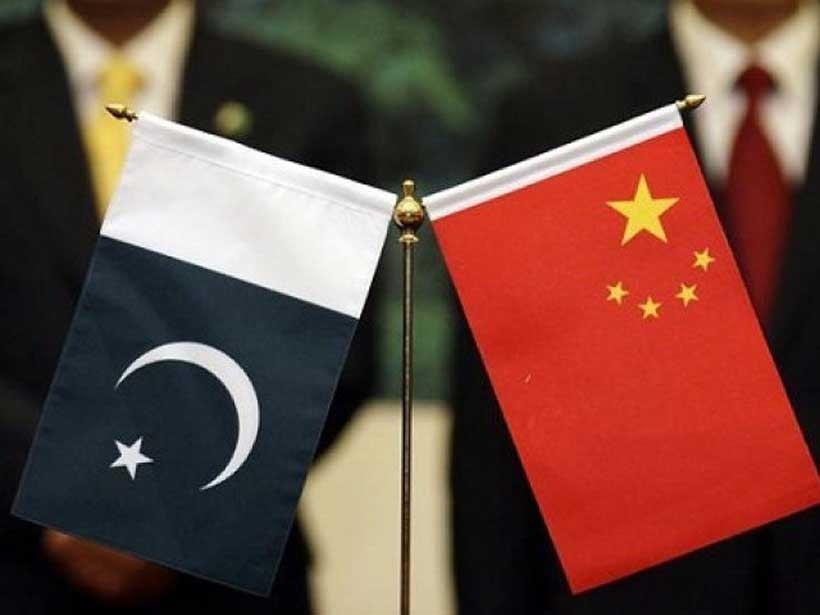Osamu Furukawa’s business involves converting vintage gasoline-powered vehicles to electric, therefore he has driven many Japanese automobiles. However, his preferred vehicle is an import: a battery-operated SUV made by BYD Auto in China.
BYD Auto is one of a growing number of Chinese electric vehicle exporters that are beginning to challenge American and Japanese manufacturers in their domestic markets. They provide cutting-edge technology with affordable costs, which, in the words of Tesla Inc.’s chief financial officer, “are scary.”
When the ATTO 3 went on sale on January 31, Furukawa claimed he ordered one because of its user-friendly features and alluring pricing of 4.4 million yen ($33,000), which is around one-quarter less than a Tesla.
Furukawa exclaimed, “It’s perfect,” as he sat in his office in Yokohama, a city southwest of Tokyo.
NIO, Zeekr of the Geely Group, and Ora, a division of SUV producer Great Wall Motors, are three other aspirational Chinese EV exporters.
Some people compete on pricing. Others focus on functionality and features, which puts pressure on luxury Western and Japanese goods.
NIO Inc. claims that its newest SUV will go on sale in Europe this year after convincing Chinese consumers to pay sticker prices up to 555,000 yuan ($80,000), which are on par with Tesla’s. The ES6 offers voice-activated controls and a 610 km (380 mi) range on a single charge.
In an interview at the Shanghai auto show, NIO’s founder and CEO, William Li, stated, “We are extremely certain the ES6 will compete in this premium SUV market.
The number of battery-powered and gasoline-electric hybrid vehicles sold in China nearly doubled to 6.9 million last year, accounting for half of the global total.
That was backed by massive government subsidies from the Communist Party in power, which wants to turn China into a leader in the development of new technologies and clean energy. Leaders in the U.S. and Europe, who view China as a strategic and industrial rival, are alarmed by that.
Chinese brands provide “serious competition,” claims David Leah, a GlobalData analyst.
Leah wrote in an email that they can “achieve greater economies of scale” and have “more competitive battery technology.”
With 1.9 million vehicles sold, BYD Auto, a subsidiary of battery manufacturer BYD Co., edged out Tesla in total 2022 sales. While Tesla’s fleet is entirely electric, the other half were gasoline-electric hybrids.
Tesla CEO Elon Musk stated on a conference call with financial analysts on January 25 that “We have a lot of respect for the car companies in China.” “They are the ones who work the hardest and the smartest.”
While Beijing shifts the burden to the industry by requiring them to earn credits for selling electrics, Chinese brands are developing EVs to compete without subsidies. Prices for a small SUV with a 400-kilometer (250-mile) range on a single charge start at 100,000 yuan ($14,500).
Tesla CFO Zachary Kirkhorn remarked on the analyst call that “the Chinese are frightening.”
Chinese EV manufacturers combine factories in China with research and design facilities in the US and EU.
This year, the Netherlands and Sweden will see the introduction of an all-electric car and an SUV from Geely’s Zeekr. While its factories are in China, its miniature United Nations of Chinese and European designers is located in Gothenberg, Sweden, right next to Volvo Cars, another Geely brand.
















